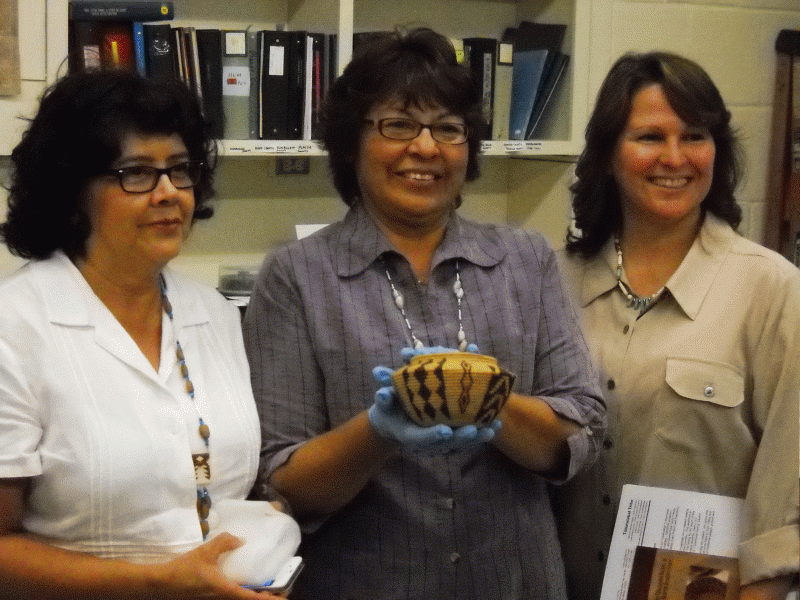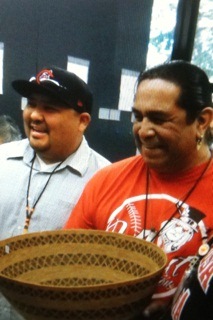San Francisco State University Repatriation Commitment
San Francisco State University (SF State) is firmly committed to the repatriation of Native American ancestors and their belongings, and to the respectful curation of cultural materials. The primary goal of the SF State NAGPRA Program is to return ancestral remains and cultural objects to Native American tribal communities.
San Francisco State University has served as a repository for Native American and non-Native American cultural materials for 72 years. The SF State NAGPRA Program is responsible for approximately 500 cultural site collections originating from 36 counties in California. Of these site collections, 78 are known to contain human remains, and/or funerary objects, sacred objects, and objects of cultural patrimony. The SF State NAGPRA Program is also responsible for Native American ethnographic items from the now defunct Treganza Anthropology Museum (TAM). The former TAM holdings include ethnographic items from across the continental United States, Alaska, and Hawaii. The SF State NAGPRA Program adheres to all federal and state NAGPRA legislation.
The SF State NAGPRA Program began in 1996. San Francisco State University NAGPRA Program Summaries, Inventories, Notices, and Culturally Unidentifiable Native American Inventories have been submitted to the National NAGPRA Program. Summaries and Inventories will be submitted to the California Native American Heritage Commission by April 2022. NAGPRA compliance is an ongoing process at SF State. All of our documents are subject to change as tribal groups become federally or state recognized, NAGPRA laws are revised, and collection records are updated.
The pictures below show the repatriation of baskets to the Tubatulabals of Kern Valley (left) and to the Santa Rosa Rancheria (right) in 2012. The Tubatulabal tribal representatives are Louise Miranda-Akers, Betsy Johnson, and Marie Bovey. The Santa Rosa tribal representatives are Pete Alanis and Lalo Franco. (Photographs by Peter Biella, used with permission from the two tribes)

